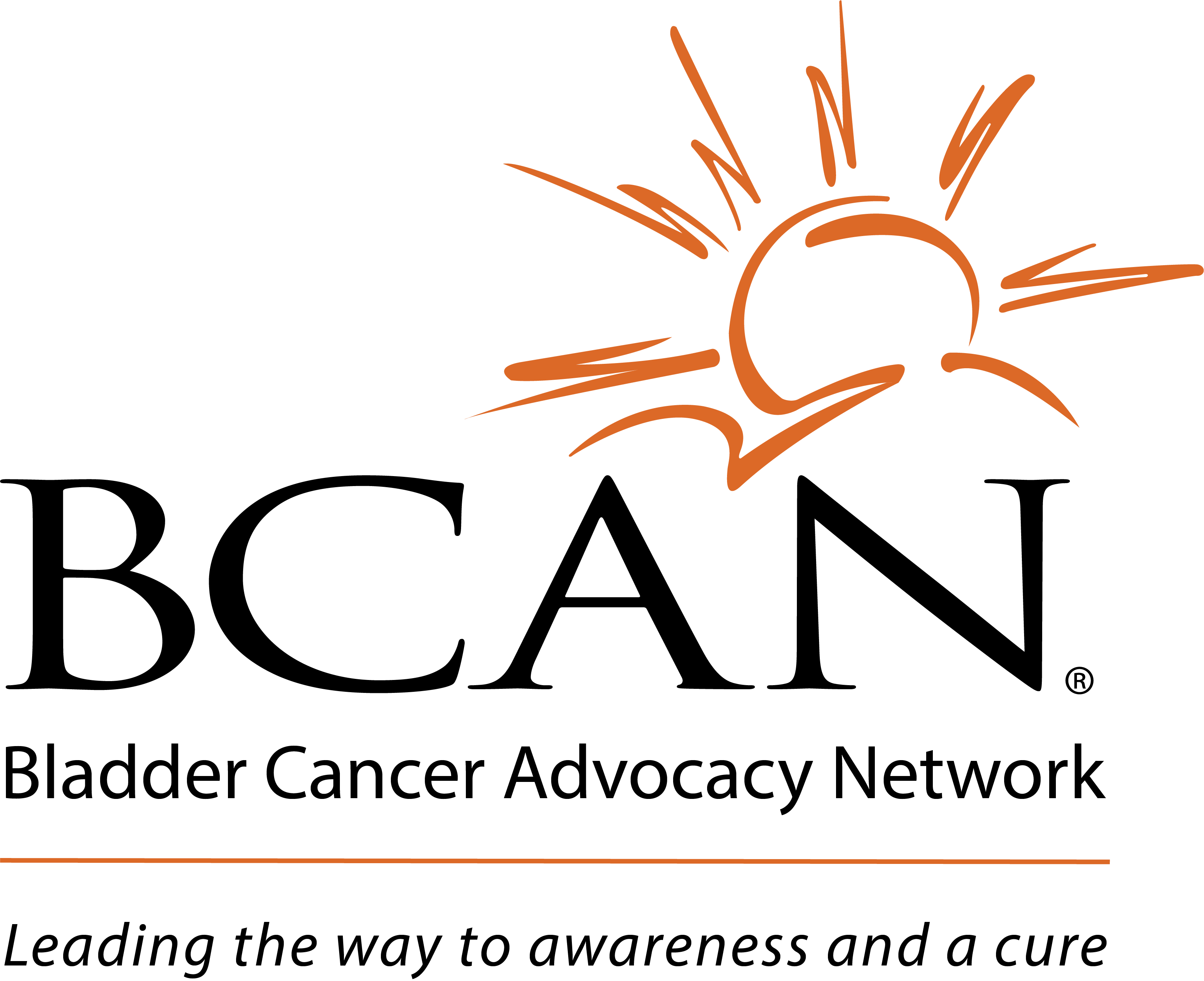
Why It’s Important to ‘Live Well With Your Cancer’

While it is important to educate oneself after receiving a diagnosis of cancer, it’s also critical to know when to step away and find a balance between cancer and life, according to Diane Zipursky-Quale.
While it is important to educate oneself after receiving a diagnosis of cancer, it’s also critical to know when to step away and find a balance between cancer and life, according to Diane Zipursky-Quale.
CURE recently sat down with Quale, co-founder of the Bladder Cancer Advocacy Network (BCAN), who implores patients to continue to do things that bring them joy throughout their cancer journey and live one day at a time.
“If you have a cancer diagnosis, and you are spending all your time talking to other people with the diagnosis, or just focusing on ‘what does this mean,’ it's not good for your emotional wellbeing,” Quale said. “What's really important is that you be able to live well with your cancer.”
“Find that balance, find the joy, find something that brings you joy, every single day. And that will help a lot, especially getting through the most difficult times.”
Transcription:
Yeah, well, it's really important (to find a balance), because otherwise, if you have a cancer diagnosis, and you are spending all your time talking to other people with the diagnosis, or just focusing on ‘what does this mean?’ it's not good for your emotional wellbeing. What's really important is that you be able to live well with your cancer.
And what that means is find those things that make you feel good. If you like to run, make sure you're going out for a run every day, or you're going out for a walk, and that you're actually engaging, which I recognize is hard in times of COVID, but that you're engaging with your friends with your family, because a cancer diagnosis can tend to be isolating, because you're going through something very stressful. And you might think that other people don't know what that feels like. But it's really important to share that.
And if you need help, ask someone for help. We always say that it's important when you go to see your physician, if you can bring somebody with you, which again, I understand now might be a little more challenging. But certainly, if you have a telemedicine appointment, you can have somebody on the call with you. Because again, oftentimes, you can't hear everything. The doctor might say one thing that you go “oh, no,” and then everything else is totally out the window. So I think it's just really important that you do that.
And one of the things that certainly has helped me all these many years is we should live, each of us, should live our lives one day at a time. Because today is all any of us get. And boy, if the last year hasn't taught us all that? Who would have thought, you know, a year ago that we would be in the situation that we are? So, you want to make the most of every day. Find that balance, find the joy, find something that brings you joy, every single day. And that will help a lot, especially getting through the most difficult times.
For more news on cancer updates, research and education, don’t forget to




